Find Help
More Items From Ergsy search
-
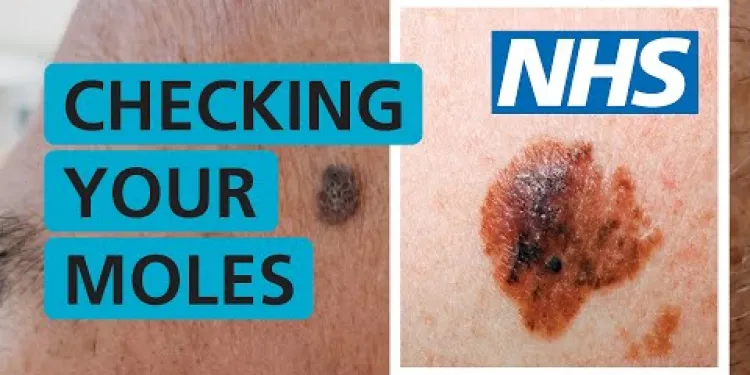
Skin Cancer - How do I check if my mole is skin cancer? | NHS
Relevance: 100%
-
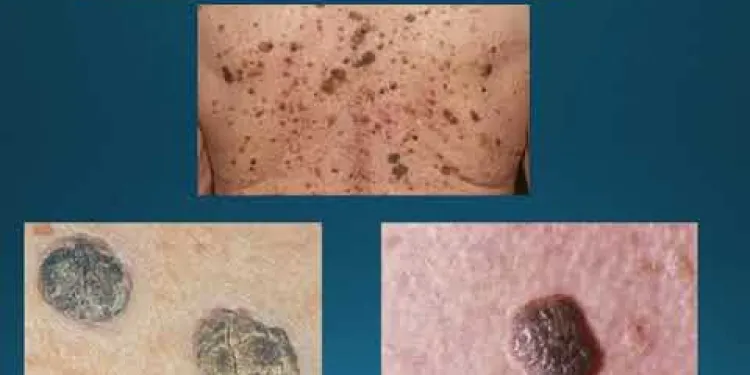
Skin cancer education
Relevance: 69%
-

Mole Biopsy Finds Melanoma
Relevance: 69%
-
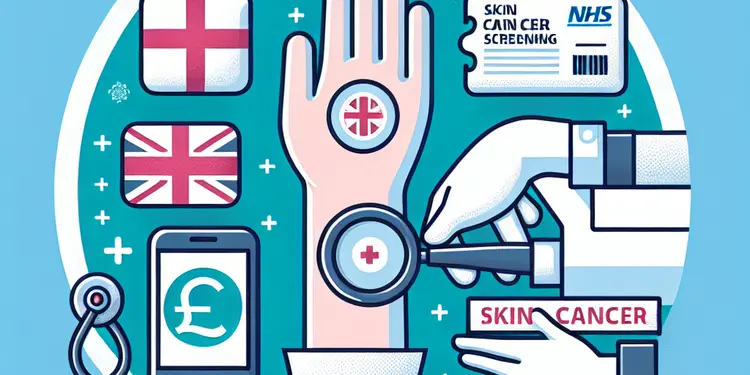
What is a skin cancer screening?
Relevance: 66%
-

Worried about signs that could be cancer? Contact your GP practice | NHS
Relevance: 36%
-

Do sunbeds help improve skin tone and texture?
Relevance: 33%
-

Is pre-tanning in a sunbed a good way to prepare my skin for sun exposure?
Relevance: 32%
-

Do sunbeds offer any anti-aging benefits for the skin?
Relevance: 31%
-

Is it true that sunbeds can help treat skin conditions like psoriasis?
Relevance: 29%
-
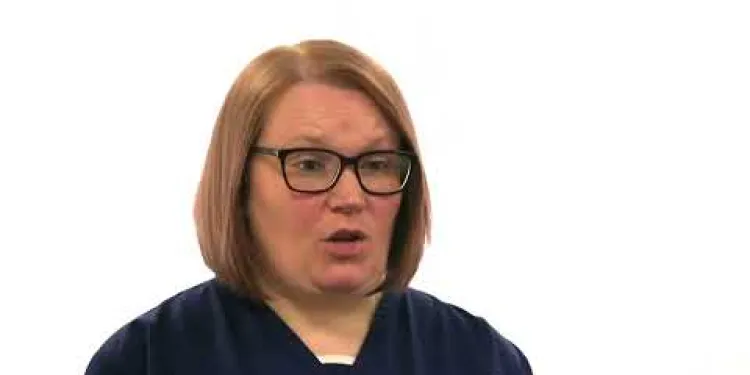
Vulval Cancer
Relevance: 29%
-
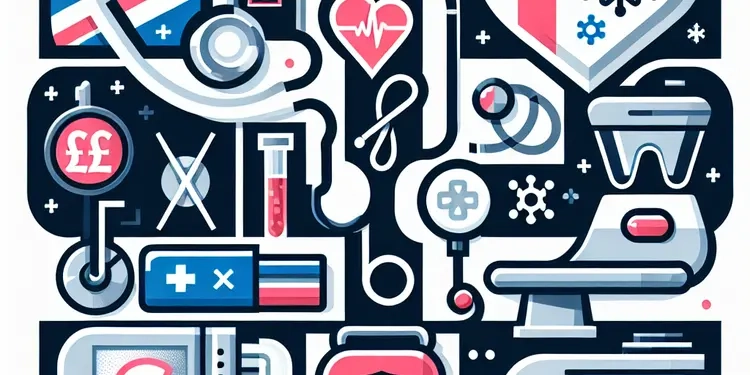
What kinds of cancer screening are available?
Relevance: 28%
-
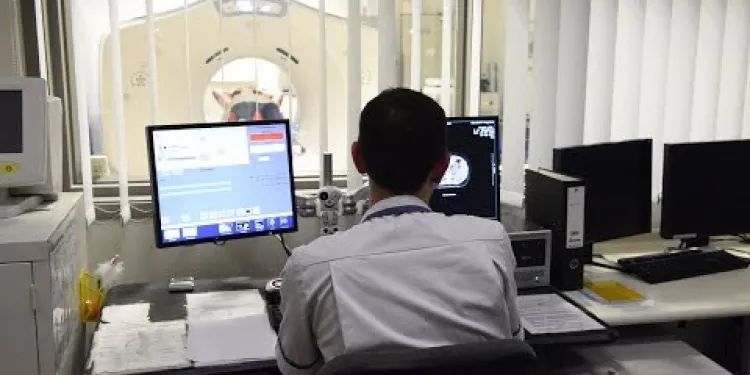
Having radiotherapy for breast cancer - 3 Videos
Relevance: 27%
-
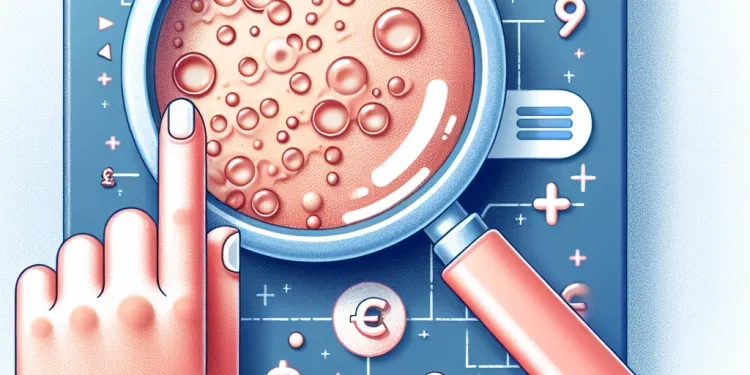
Hives - Skin Condition
Relevance: 27%
-
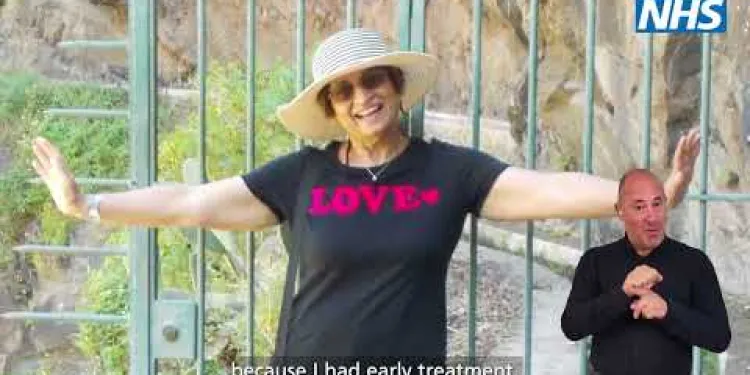
Get cancer symptoms checked by your GP | NHS - BSL version
Relevance: 27%
-

What SPF should I use if I have sensitive skin?
Relevance: 26%
-

Can dark-skinned individuals get sunburned?
Relevance: 26%
-
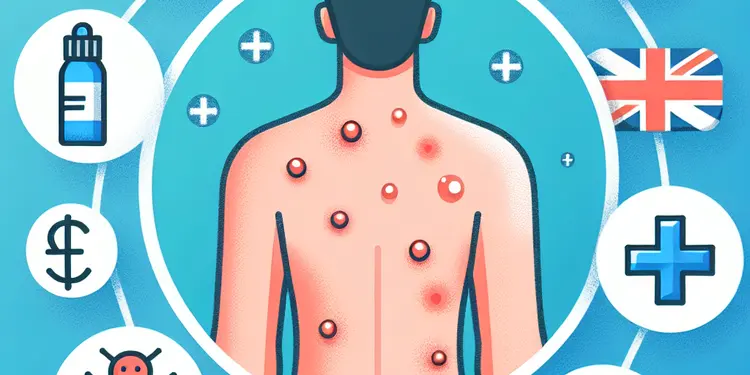
Are skin rashes a side effect of weight loss drugs?
Relevance: 26%
-

What is testicular cancer?
Relevance: 25%
-

What is testicular cancer?
Relevance: 25%
-
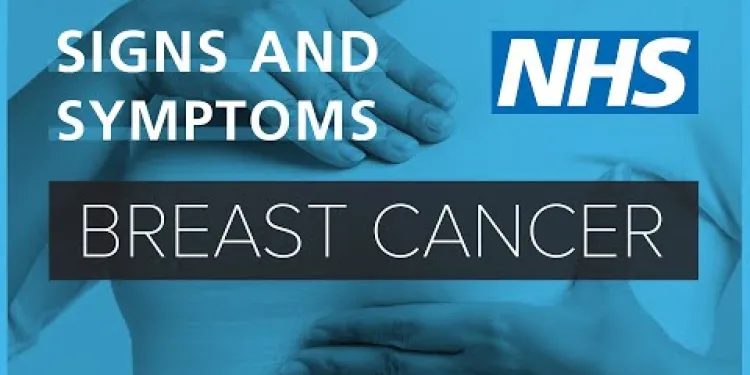
About Breast cancer - signs and symptoms | NHS
Relevance: 25%
-
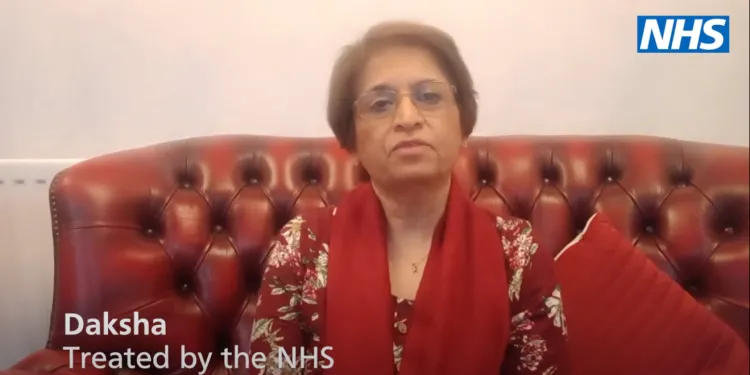
What is Cancer?
Relevance: 25%
-
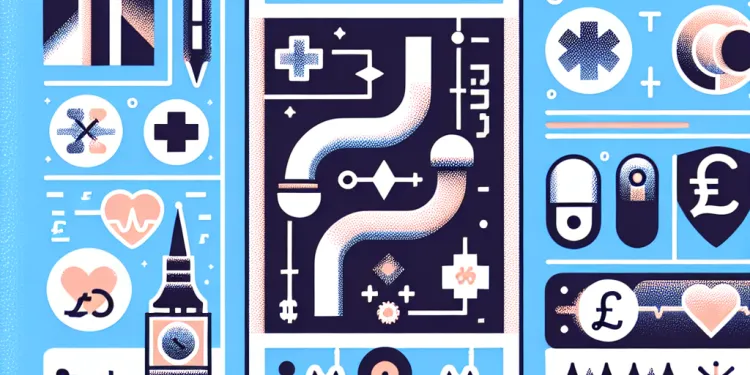
What is Pancreatic Cancer?
Relevance: 25%
-

What are the side effects of bowel cancer treatment?
Relevance: 25%
-
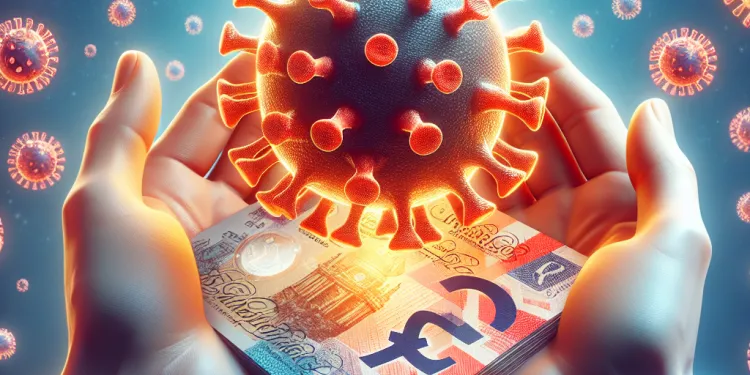
Can HPV lead to cancer?
Relevance: 24%
-
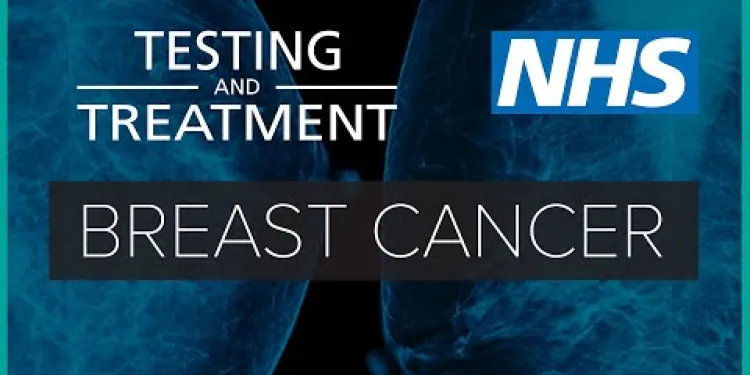
Breast cancer: testing and treatment | NHS
Relevance: 24%
-

What is testicular cancer?
Relevance: 24%
-
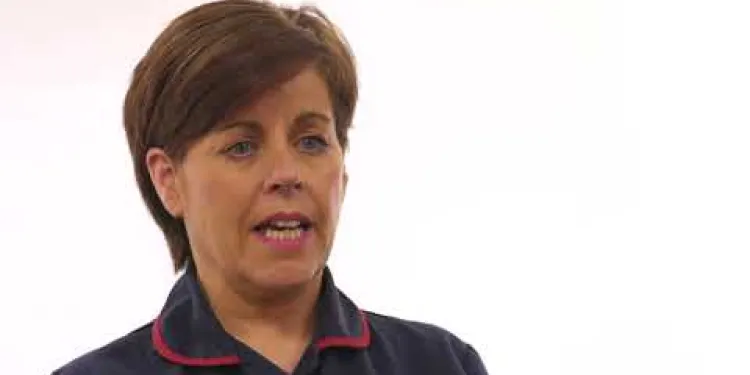
Ovarian Cancer
Relevance: 24%
-
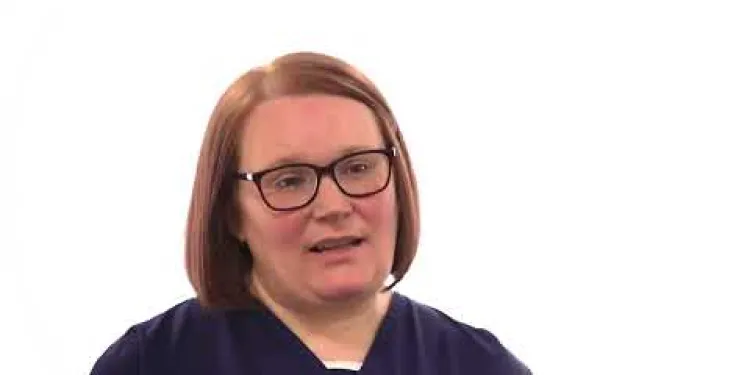
Vaginal Cancer
Relevance: 24%
-
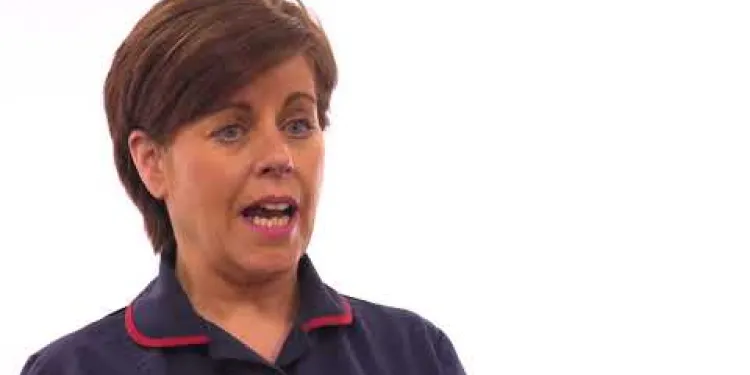
Endometrial Cancer
Relevance: 24%
-
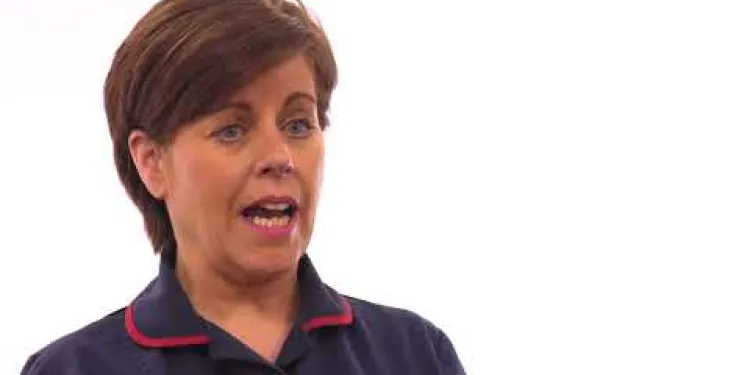
Endometrial Cancer
Relevance: 24%
-
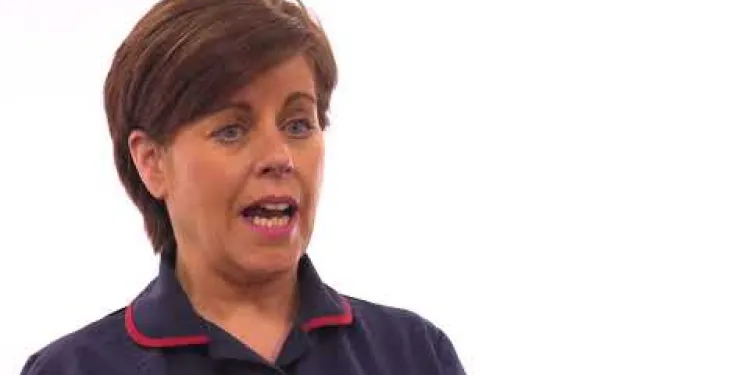
Endometrial Cancer
Relevance: 24%
-
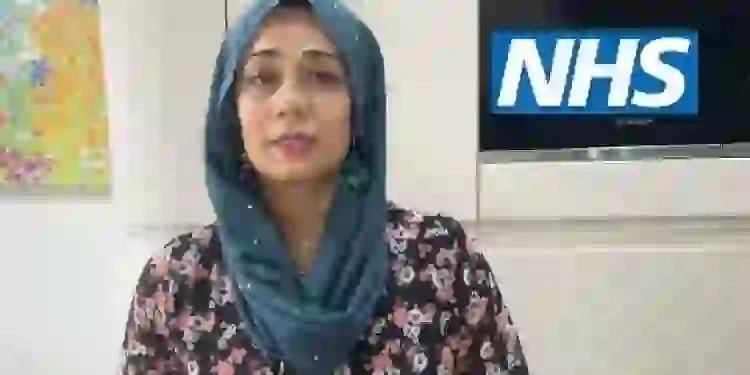
Get cancer symptoms checked by your GP | NHS
Relevance: 23%
-

What is the difference between colon cancer and rectal cancer?
Relevance: 23%
-

What is cancer screening?
Relevance: 23%
-

What is colorectal cancer?
Relevance: 23%
-

What is Bowel Cancer?
Relevance: 23%
-
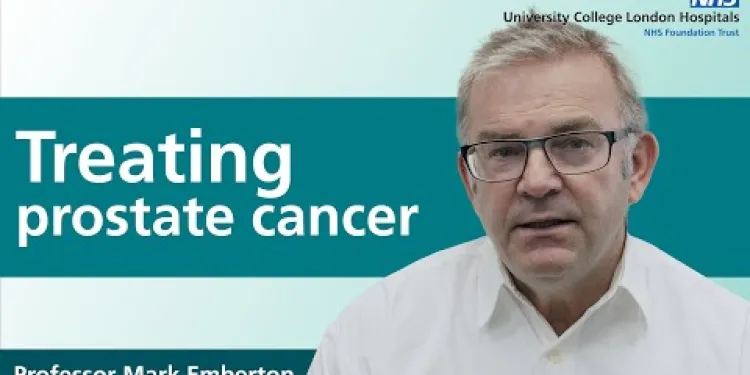
Treating prostate cancer
Relevance: 23%
-
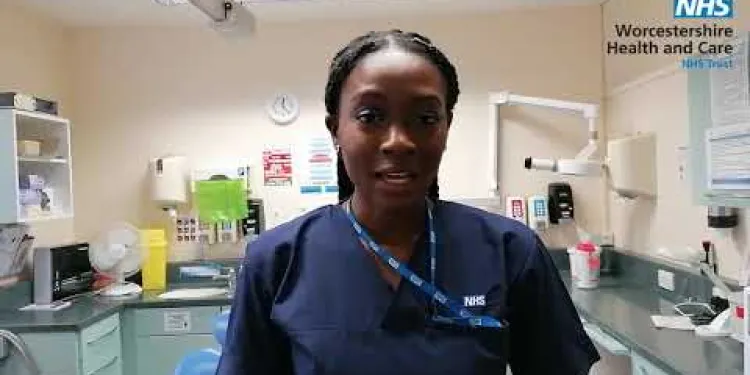
Mouth Cancer Awareness
Relevance: 23%
-

What is Prostate Cancer?
Relevance: 23%
-

Is testicular cancer treatable?
Relevance: 22%
Skin Cancer
Skin cancer is a condition characterized by the abnormal growth of skin cells. It usually develops on skin exposed to the sun but can also occur in areas that are not typically exposed, such as the palms of the hands, soles of the feet, or genitals. There are three main types of skin cancer:
- Basal Cell Carcinoma (BCC): This is the most common type of skin cancer. It usually appears as a small, shiny bump or a red, scaly patch on the skin. BCC rarely spreads beyond the original tumor site but can cause significant damage if not treated promptly.
- Squamous Cell Carcinoma (SCC): SCC is the second most common type of skin cancer. It often looks like a firm, red nodule or a scaly, crusty sore. SCC can metastasize (spread) to other parts of the body if left untreated, although this is less common than with melanoma.
- Melanoma: Melanoma is less common than basal cell carcinoma and squamous cell carcinoma, but it is more dangerous because of its ability to spread rapidly to other parts of the body. Melanoma usually appears as a new mole or a change in an existing mole. It can vary greatly in appearance but is often characterized by irregular borders, uneven coloration, and a larger diameter than typical moles.
Risk factors for developing skin cancer include prolonged exposure to ultraviolet (UV) radiation from the sun or tanning beds, a history of sunburns, fair skin, a weakened immune system, and a family history of skin cancer.
Early detection and treatment are crucial for successful outcomes in skin cancer. Treatment options depend on the type and stage of the cancer but may include surgery, radiation therapy, chemotherapy, immunotherapy, or targeted therapy. Additionally, practicing sun safety measures such as wearing sunscreen, protective clothing, and avoiding excessive sun exposure can help reduce the risk of developing skin cancer. Regular skin examinations by a healthcare professional are also recommended, especially for individuals with a higher risk of skin cancer.
Skin Cancer - How do I check if my mole is skin cancer? | NHS
Understanding Skin Cancer
Skin cancer is a common type of cancer that develops in the skin cells. It often results from ultraviolet (UV) light exposure, such as sunlight. There are different types of skin cancer, including melanoma, basal cell carcinoma, and squamous cell carcinoma. Early detection is crucial for better treatment outcomes.
The ABCDE Checklist for Moles
The NHS recommends using the ABCDE checklist to help identify moles that could be cancerous. Each letter represents a specific characteristic to look out for:
- A - Asymmetry: One half of the mole does not match the other half in shape.
- B - Border: The edges of the mole are irregular, blurred, or jagged.
- C - Colour: The mole has varied shades of brown, black, tan, red, white, or blue.
- D - Diameter: The mole is larger than 6mm across (about the size of a pencil eraser).
- E - Evolving: The mole changes in size, shape, or colour over time.
Other Warning Signs
In addition to the ABCDE checklist, there are other warning signs that could indicate skin cancer:
- Itching or pain in a mole or the surrounding skin.
- A mole that bleeds, oozes, or forms a crust.
- An open sore that does not heal within a few weeks.
- A mole that looks significantly different from your other moles (also known as the "ugly duckling" sign).
When to See a GP
If you notice any of the above changes or have any concerns about a mole, it is important to see a GP as soon as possible. Early consultation can lead to better diagnosis and treatment. The GP may examine your skin and refer you to a specialist if necessary.
Prevention Tips
Prevention is key to reducing the risk of skin cancer. The NHS recommends the following tips:
- Use a broad-spectrum sunscreen with SPF 30 or higher.
- Wear protective clothing, including hats and sunglasses.
- Avoid tanning beds and excessive sun exposure.
- Regularly check your skin for any changes and follow the ABCDE checklist.
By staying vigilant and conducting regular skin checks, you can help detect skin cancer early and improve your chances of successful treatment.
Skin Cancer
Skin cancer is when skin cells grow in a way that is not normal. It often happens in places where the sun hits the skin but can also happen in places like the palms of the hands, the bottoms of the feet, or private areas. There are three main kinds of skin cancer:
- Basal Cell Carcinoma (BCC): This is the most common skin cancer. It looks like a small, shiny bump or a red, rough patch. BCC usually stays in one spot but can cause problems if you do not treat it quickly.
- Squamous Cell Carcinoma (SCC): This is the second most common skin cancer. It often looks like a hard, red bump or a scaly, crusty sore. SCC can spread to other parts of the body, but this does not happen often.
- Melanoma: Melanoma is not as common as the other two, but it is more dangerous because it can spread quickly. Melanoma might look like a new mole or a mole that has changed. It can look different, but often it has uneven edges, different colors, and is bigger than other moles.
Things that can make you more likely to get skin cancer include spending a lot of time in the sun or using tanning beds, having sunburns, having pale skin, having a weak immune system, and having family members with skin cancer.
Finding skin cancer early and getting treatment is very important. The treatments can be different depending on the type and how much it has spread. They might include surgery, radiation, special medicine, or therapy that helps the body's immune system fight the cancer. To help stop skin cancer, it is good to wear sunscreen, wear clothes that protect your skin, and stay out of the sun too much. It is also a good idea to have a doctor check your skin regularly, especially if you have a higher chance of getting skin cancer.
Skin Cancer - How to Check Your Moles | NHS
What is Skin Cancer?
Skin cancer is a common illness where bad cells grow in the skin. It often happens from too much sunlight. There are different kinds of skin cancer. Spotting it early helps with treatment.
ABCDE Checklist for Moles
The NHS has a simple checklist called ABCDE to help look for bad moles. Here is what each letter means:
- A - Asymmetry: If one side of the mole is different from the other.
- B - Border: If the edges of the mole are not smooth.
- C - Colour: If the mole has many colors like brown, black, red, or blue.
- D - Diameter: If the mole is bigger than a pencil eraser.
- E - Evolving: If the mole changes in size, shape, or colour.
Other Signs to Watch For
There are other signs that might mean trouble:
- If a mole is itchy or hurts.
- If a mole bleeds, has liquid coming out, or forms a crust.
- If a sore does not heal in a few weeks.
- If a mole looks very different from your other moles.
When to Visit a GP
If you see any of these changes, or if you are worried about a mole, see a GP quickly. Early visits help get better advice and treatment. The GP might check your skin and send you to a skin doctor if needed.
Tips to Stay Safe
Here are some tips to lower the risk of skin cancer:
- Use sunscreen with SPF 30 or more.
- Wear hats and sunglasses to protect your skin.
- Avoid using tanning beds and too much sun.
- Check your skin often and remember the ABCDE checklist.
By checking your skin regularly, you can find skin cancer early and have a better chance of getting treated successfully.
Frequently Asked Questions
What are the signs that my mole might be skin cancer?
Signs of potential skin cancer in a mole include changes in size, shape, or color, irregular borders, multiple colors, itching or bleeding. Consult your GP if you notice any of these changes.
How can I tell if a mole is unusual?
Unusual moles, often referred to as dysplastic nevi, can be asymmetrical, have irregular borders, vary in color, be larger than 6mm, or change in appearance. Have any unusual moles checked by a doctor.
How often should I check my moles?
It is advisable to check your moles once a month. This helps to identify any changes early, which is crucial for the successful treatment of skin cancer.
What should I do if I notice a new mole?
If you notice a new mole and it appears unusual or different from your other moles, schedule an appointment with your GP for a professional evaluation.
What does the ABCDE rule stand for?
The ABCDE rule helps identify potential skin cancer: Asymmetry, Border irregularity, Color variation, Diameter greater than 6mm, Evolving in size, shape, or color.
Can skin cancer moles be flat?
Yes, skin cancer moles can be flat or raised. Both types require attention if they show signs of change or other unusual characteristics.
Are all dark moles cancerous?
Not all dark moles are cancerous. However, any mole that changes in color, shape, or size should be examined by a healthcare professional.
Is itching a sign of a cancerous mole?
Itching can be a sign of skin cancer but isn't always definitive. Any mole that becomes itchy, tender, or starts to bleed should be checked by a doctor.
What does a normal mole look like?
Normal moles are usually small (less than 6mm), round or oval, with smooth, well-defined borders and even color. They typically do not change over time.
What is the risk of moles developing into skin cancer?
The risk is generally low but can increase with factors such as excessive sun exposure, a large number of moles, family history of skin cancer, or having atypical moles.
Should I worry about a mole that has been there for years?
Moles that have been there for many years and have not changed in appearance are usually not a cause for concern. However, any changes should prompt a visit to the GP.
How can I protect my moles from becoming cancerous?
To protect your moles, avoid excessive sun exposure, wear sunscreen with high SPF, cover up with clothing, and avoid tanning beds.
When should I see a GP about a mole?
You should see a GP if a mole changes in size, shape, or color, itches, bleeds, or looks different from other moles.
Can a skin cancer mole heal on its own?
Skin cancer moles do not heal on their own. If you suspect a mole is cancerous, seek medical advice as early treatment is crucial.
How is skin cancer diagnosed if a mole is suspected?
If skin cancer is suspected, a GP may refer you to a dermatologist who may perform a biopsy to examine the suspicious mole.
How can I tell if my mole might be skin cancer?
If you see a mole changing, it's important to watch it. Look for these changes: getting bigger, a different shape, or a new color. Check if the edges are not smooth, or if the mole has more than one color. Also, pay attention if the mole feels itchy or if it bleeds. If you see any of these signs, speak to your doctor.
How can I know if a mole is different?
Check the mole on your skin. Look out for these things:
- Different colors in the mole.
- Jagged or bumpy edges.
- If the mole is bigger than a pencil eraser.
- Changes in size, shape, or color over time.
If you see any of these signs, ask a doctor to look at the mole. Use a magnifying glass to see the mole better. You can take photos to keep track of changes. Always ask an adult if you need help.
Unusual moles are sometimes called dysplastic nevi. They look different from normal moles. These moles can:
- Be uneven in shape
- Have bumpy or wiggly edges
- Be different colors
- Be bigger than 6mm (about the size of a pencil eraser)
- Change how they look over time
If you see a mole like this, tell a doctor. It is important to get unusual moles checked.
Using a magnifying glass can help you look closely at moles. Ask someone to help you if you find it difficult.
How often should I look at my moles?
It's a good idea to look at your moles every month. This helps you see any changes early, and that's really important for treating skin cancer well.
What should I do if I see a new mole?
If you get a new mole on your skin, here are some steps you can follow:
- Look at it: Check the mole carefully. Is it a funny shape or color?
- Tell an adult: Ask a parent or a friend to look at it too. They can help decide if you need to see a doctor.
- Doctor visit: If you are not sure, it is a good idea to let a doctor look at it.
Tools to use:
- Mirror: Use a mirror to see moles in hard-to-see places.
- Camera: Take a picture of the mole to look at changes over time.
Remember, it is important to check new moles because some moles can be a sign of skin problems.
If you see a new spot on your skin and it looks strange or different from your other spots, tell your doctor. They can check it for you.
What Does ABCDE Mean?
The ABCDE rule helps you know if a spot on your skin might be bad. Here's what each letter means:
- A - Asymmetry: One half of the spot is different from the other half.
- B - Border: The edges of the spot are not smooth.
- C - Color: The spot has different colors in it.
- D - Diameter: The spot is bigger than the size of a pencil eraser.
- E - Evolving: The spot is changing in size, shape, or color.
If you're not sure about a spot on your skin, you can talk to a doctor. You could also use a mirror to help you look at hard-to-see places.
The ABCDE rule helps us check if there might be a problem with skin spots:
- A is for Asymmetry: One half is different from the other half.
- B is for Border: The edges are not even or smooth.
- C is for Color: There are different colors in the spot.
- D is for Diameter: The spot is bigger than 6mm, like a pencil eraser.
- E is for Evolving: The spot changes in size, shape, or color.
Using a magnifying glass can help see small details. You can also ask an adult for help if you are unsure about any spots.
Can moles that are flat be skin cancer?
Yes, moles that are flat can sometimes be skin cancer. If you see a flat mole that looks different from your other moles, ask a doctor to check it.
You can use pictures or apps to help identify changes in your skin.
Yes, moles that might be skin cancer can be flat or bumpy. Look carefully at them if they change or look different.
Do all dark spots mean cancer?
No, not always. Some dark spots, called moles, are normal and not dangerous.
But some moles can be cancer. It is important to check them.
If a mole gets bigger, changes color, or looks different, show it to a doctor.
Use a magnifying glass or ask someone to help you look at your moles.
Doctors can use special tools to check moles and help keep you safe.
Not all dark moles are cancer. But if a mole changes color, shape, or size, you should see a doctor.
Can a mole that itches be cancer?
A mole is a spot on your skin. If a mole itches, it does not mean it is cancer, but you should still get it checked. Tell a grown-up and visit a doctor to be sure.
Tools to help:
- Ask someone you trust to look at your mole.
- Write down any changes you see.
- Use a calendar to track when it itches.
Sometimes, itchy skin can mean skin cancer, but not always. You should go to the doctor if you have a spot or mole that itches, hurts, or bleeds.
Here are some tips to help understand this:
- Use a magnifying glass to look at your skin.
- Ask a family member or friend for help if you notice any changes.
- Use a calendar to keep track of any changes in your skin.
- If you are worried, talk to a doctor or nurse. They can help you.
What does a normal mole look like?
A normal mole is like a small spot on your skin. It is usually round or oval with a smooth edge. A normal mole can be brown, black, or even pink. It can be flat or a little bit raised. Most moles are smaller than a pencil eraser.
Remember to look at your skin often to see if anything changes. You can get help from a grown-up or ask a doctor if you are worried about a mole.
You can use a magnifying glass to see your skin clearly. Taking pictures of your moles can help you remember what they look like.
Normal moles are small. They are less than 6mm. They are round or oval. They have smooth edges. They have one color. They usually do not change over time.
Can Moles Turn Into Skin Cancer?
Moles are spots on your skin. Most moles are safe. But some moles can become skin cancer.
It is important to check your moles. Look for changes in size, color, or shape. If a mole looks different, tell a doctor.
Use a mirror to look at hard-to-see places. You can ask someone to help you check your skin.
A doctor can use special tools to look at moles closely. They can help you know if a mole is safe.
The risk is usually low. But it can get higher if:
- You spend a lot of time in the sun.
- You have lots of moles.
- Someone in your family had skin cancer.
- You have unusual-looking moles.
To stay safe, you can:
- Wear sunblock.
- Wear a hat and sunglasses.
- Stay in the shade during peak sun hours.
- Check your skin regularly.
Do I need to worry about a mole I have had for a long time?
Here is some information to help you:
- Look at your mole. Has it changed size, shape, or color?
- Does your mole feel itchy or sore?
- If you are worried, it is a good idea to see a doctor.
- Ask a friend or a family member to help you check your mole.
Remember, it is always okay to ask for help!
Moles on your skin that stay the same for a long time are usually okay. But if they start to look different, you should go to the doctor.
How can I keep my moles from turning into cancer?
Moles are spots on your skin. Sometimes, they can become bad for your health. Here are some simple steps to help keep them safe:
- Check your moles: Look at your moles often. If they change color, size, or shape, tell an adult or a doctor.
- Stay safe in the sun: Wear sunscreen and hats when you're outside. The sun can hurt your skin.
- Visit a doctor: Go to the doctor for skin check-ups. They can help make sure your moles are okay.
For extra help, you might use magnifying glasses to look at your moles or phone apps that remind you when to check them.
Take care of your moles by doing these things:
- Stay out of the sun when it is very strong.
- Put on sunscreen with high SPF.
- Wear clothes that cover your skin.
- Stay away from tanning beds.
When should I visit the doctor about a mole?
If you have a mole, and it changes or looks different, you should see a doctor. Here are things to look for:
- The mole gets bigger.
- The shape of the mole changes.
- The color of the mole is different.
- The mole is itchy or hurts.
- The mole bleeds or has a crust.
If you notice these changes, tell a grown-up and go see a doctor. You can also ask someone to help you check your moles.
If you have a mole that gets bigger, changes shape or color, feels itchy, bleeds, or looks different from your other moles, you should talk to a doctor.
Can a skin cancer mole get better by itself?
Skin cancer moles do not heal by themselves. If you think a mole might be cancer, talk to a doctor. Getting help early is very important.
How do doctors find out if a mole is skin cancer?
If a doctor thinks a mole might be skin cancer, they will look at it very carefully. They might use a special tool to see it better. This is called a 'dermatoscope'. If they are still not sure, the doctor might take a small piece of the mole to look at it under a microscope. This is called a 'biopsy'.
It is important to tell a doctor if you see a new mole or if a mole changes shape, color, or size. Using a magnifying glass might help you see your moles better at home.
If the doctor thinks you might have skin cancer, they might send you to see a skin doctor. This skin doctor might do a test called a biopsy to check the mole that looks strange.
Useful Links
This website offers general information and is not a substitute for professional advice.
Always seek guidance from qualified professionals.
If you have any medical concerns or need urgent help, contact a healthcare professional or emergency services immediately.
- Ergsy carfully checks the information in the videos we provide here.
- Videos shown by Youtube after a video has completed, have NOT been reviewed by ERGSY.
- To view, click the arrow in centre of video.
- Most of the videos you find here will have subtitles and/or closed captions available.
- You may need to turn these on, and choose your preferred language.
- Go to the video you'd like to watch.
- If closed captions (CC) are available, settings will be visible on the bottom right of the video player.
- To turn on Captions, click settings .
- To turn off Captions, click settings again.
More Items From Ergsy search
-

Skin Cancer - How do I check if my mole is skin cancer? | NHS
Relevance: 100%
-

Skin cancer education
Relevance: 69%
-

Mole Biopsy Finds Melanoma
Relevance: 69%
-

What is a skin cancer screening?
Relevance: 66%
-

Worried about signs that could be cancer? Contact your GP practice | NHS
Relevance: 36%
-

Do sunbeds help improve skin tone and texture?
Relevance: 33%
-

Is pre-tanning in a sunbed a good way to prepare my skin for sun exposure?
Relevance: 32%
-

Do sunbeds offer any anti-aging benefits for the skin?
Relevance: 31%
-

Is it true that sunbeds can help treat skin conditions like psoriasis?
Relevance: 29%
-

Vulval Cancer
Relevance: 29%
-

What kinds of cancer screening are available?
Relevance: 28%
-

Having radiotherapy for breast cancer - 3 Videos
Relevance: 27%
-

Hives - Skin Condition
Relevance: 27%
-

Get cancer symptoms checked by your GP | NHS - BSL version
Relevance: 27%
-

What SPF should I use if I have sensitive skin?
Relevance: 26%
-

Can dark-skinned individuals get sunburned?
Relevance: 26%
-

Are skin rashes a side effect of weight loss drugs?
Relevance: 26%
-

What is testicular cancer?
Relevance: 25%
-

What is testicular cancer?
Relevance: 25%
-

About Breast cancer - signs and symptoms | NHS
Relevance: 25%
-

What is Cancer?
Relevance: 25%
-

What is Pancreatic Cancer?
Relevance: 25%
-

What are the side effects of bowel cancer treatment?
Relevance: 25%
-

Can HPV lead to cancer?
Relevance: 24%
-

Breast cancer: testing and treatment | NHS
Relevance: 24%
-

What is testicular cancer?
Relevance: 24%
-

Ovarian Cancer
Relevance: 24%
-

Vaginal Cancer
Relevance: 24%
-

Endometrial Cancer
Relevance: 24%
-

Endometrial Cancer
Relevance: 24%
-

Endometrial Cancer
Relevance: 24%
-

Get cancer symptoms checked by your GP | NHS
Relevance: 23%
-

What is the difference between colon cancer and rectal cancer?
Relevance: 23%
-

What is cancer screening?
Relevance: 23%
-

What is colorectal cancer?
Relevance: 23%
-

What is Bowel Cancer?
Relevance: 23%
-

Treating prostate cancer
Relevance: 23%
-

Mouth Cancer Awareness
Relevance: 23%
-

What is Prostate Cancer?
Relevance: 23%
-

Is testicular cancer treatable?
Relevance: 22%


